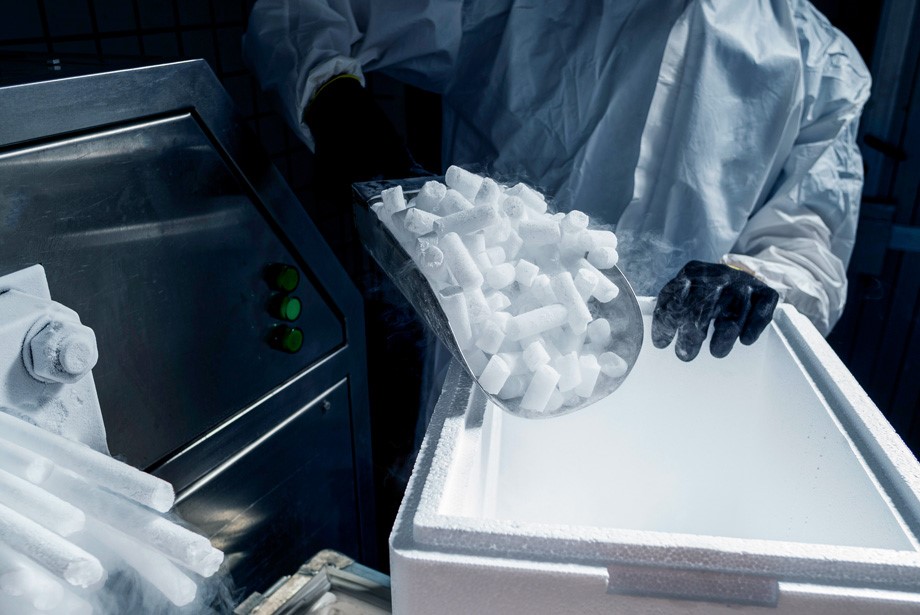Temperature is a critical parameter in the transportation and storage of medicinal products. The temperature must be controlled and monitored from the manufacturing site through to the distributor and site of medicine use. When temperatures go outside the specified range, there is a risk that the medicine may alter and degrade with the potential for adverse outcomes for the patient. In addition to this, there may be significant financial losses for the medicinal product owner.
The manufacturing of medicinal products is highly regulated with strict GMP quality control standards to ensure that a high-quality medicine is provided to patients. When it comes to transportation, it is just as important to maintain the same level of quality standards and ensure medicinal products are not compromised during the many touchpoints that can occur between the sending and receiving sites. Good Distribution Practice (GDP) is a set of standards, guidelines, and principles for the storage and transportation of pharmaceutical products. Developers must implement robust processes to guarantee the quality and safety of their products during distribution. GDP compliance can help avoid major quality impacts and potential product recalls.
Medicinal product shipments can generally be categorised as:
- Ambient (controlled room temperature, 15°C to 25°C)
- Refrigerated (2°C to 8°C)
- Frozen (Below 0°C)
- Cryogenic (Below -150°C)
As transportation may involve many modes of transport including road, air and sea, then continuously controlling and monitoring temperature can be challenging. Furthermore, cross border customs checks can cause unwanted delays. There is a risk that custom checks can interfere with outer packaging and cause exposure of the medicinal products to outside temperatures. The sensitivity of new advanced therapies such as cell and gene therapies increase the demand on both the shipping system and on the integrity of the entire temperature-controlled supply chain.
The FDA’s 21 CFR Part 11 guidance addresses the traceability challenges of electronic temperature records. Records must be reliable and accurate to ensure the quality and safety of the medicinal product. Pharmaceutical companies are strongly advised to use calibrated temperature monitoring dataloggers that can generate accurate and reliable reports. In addition to this, electronic records of all alarms and events must be kept.
With so many variables in transportation, successful shipments depend on reliable transportation and the correct choice of shipping system for the type of medicinal product. Using shipping systems that are validated and appropriate for the medicinal product is crucial. Performing shipping qualification studies is advised to ensure that a system is in place for seamless transportation and quality assurance.
To help navigate the challenges with temperature control, it is key to find partners experienced in handling complex medicinal products. HiTech Health have a team Responsible Personnel (RPs) who are specialists in GDP and can advise and support you with:
- Minimising supply chain risks and ensuring compliance with applicable regulations
- Shipping qualification studies
- Due diligence and auditing of transportation providers
We can work with your team to ensure that effective processes are established to ensure that high quality medicinal products are available for patients on time.
Schedule a call with our team today to learn more about our services and how we can support your organisation.
IE: +353-1-9631489
UK: +44-20-30267419
US: +1-857-3265835
Email: info@hitech-health.com
Web: www.hitech-health.com

